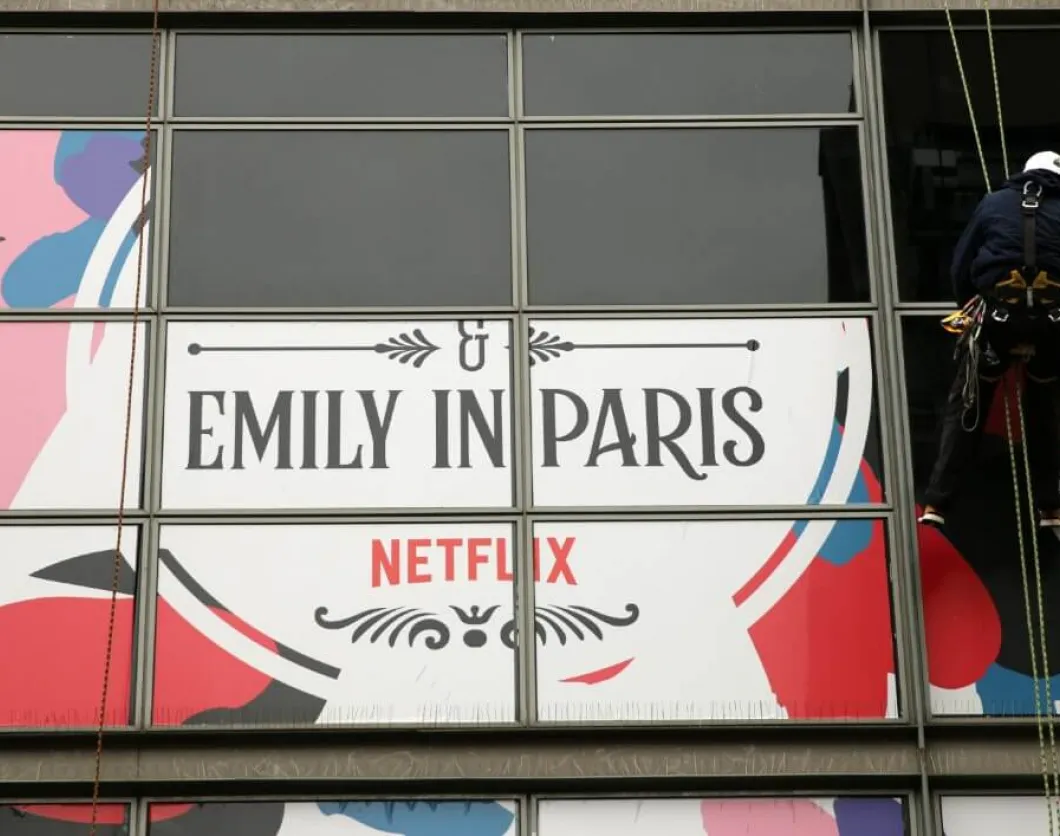
Filming locations have been popular holiday destinations since the early days of cinema. However, this trend has gained momentum with the rise of streaming platforms. Many tourists now plan their travels to explore famous landmarks, cities, and squares they have seen on the screen, giving this trend a name—"set-jetting."
In the 1980s, the movie "Crocodile Dundee" led to a 40% increase in tourist visas for Australia. Similarly, between 2000 and 2006, the "Lord of the Rings" trilogy resulted in a 40% annual increase in visits to New Zealand. This trend is not new, but the influence of TV series amplifies it. An IFOP survey from early 2024 found that 86% of foreign tourists who visit France have watched at least one French fiction. As a result, 80% of them wanted to see the country.
The French media reports that 50% of foreign tourists visiting France have seen Lupin, while 44% have watched Emily in Paris and chose France as their destination. Regarding films, 41% of foreign tourists have seen The Intouchables, and 37% have seen Amélie. Travel agencies and tour operators have confirmed that streaming movies and series are the second most common source of inspiration for choosing a travel destination.
The release of the 3rd season of The Bridgerton Chronicles has led to a fifty-fold increase in searches for castle rentals in Great Britain. Similarly, the series Downtown Abbey increased attendance at Highclere Castle in North Hampshire, which continued even four years after the series ended.
This trend has brought joy and excitement to popular countries, regions, and cities, as they can use their newfound notoriety to attract tourists. Tourist offices and accommodation rental sites now offer itineraries, activities, and destinations related to different filming locations. In the north of England, the Harry Potter series has contributed to a 230% increase in visitors, sparking a new sense of adventure and discovery.

However, this excessive media coverage is not without its consequences. As Slate reminds us, in Dubrovnik, a city where Game of Thrones scenes were filmed, authorities had to implement rules to limit tourist overcrowding to maintain the city's status on the UNESCO World Heritage list. In 2017, a stone arch shown in the series collapsed, causing damage that environmental protection associations condemned. This highlights the need for responsible tourism, where visitors respect the local culture and environment.
Chernobyl is currently under close surveillance. Tourism has increased by 40% since the broadcast of the mini-series named after the location, despite the potential danger of radioactive sites. Tourists are taking pictures in front of abandoned places, which prompted the series producer, Craig Martin, to remind tourists to act respectfully, emphasizing the importance of respecting the local culture and environment.
In Etretat, where Lupin was filmed, tourism has been causing frustration and concern among the residents and shopkeepers. This small Normandy town, usually sparsely populated, has been overwhelmed by the influx of tourists due to the series' success, with vacationers often outnumbering residents. The 1.5 million visits have also hurt the environment, accelerating the erosion of the beloved cliffs.









